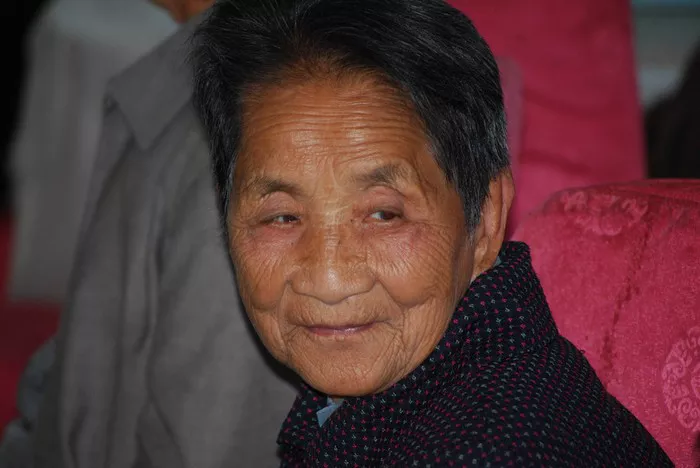FAQs
What Chinese herbs increase estrogen levels?
Chinese herbs like Dong Quai, Red Clover, and Ginseng are known to potentially increase estrogen levels. Dong Quai, in particular, has been used traditionally to support hormonal balance and may help regulate estrogen levels in the body.
What is the best natural perimenopause supplement?
Black cohosh is often considered one of the best natural supplements for perimenopause. It may help alleviate symptoms like hot flashes and mood swings. Additionally, supplements containing ingredients like soy isoflavones, red clover, and evening primrose oil are also popular choices for managing perimenopause symptoms naturally.
What is the Chinese treatment for hormonal imbalance?
Traditional Chinese Medicine (TCM) often addresses hormonal imbalance through a combination of acupuncture, herbal medicine, and dietary therapy. Specific herbs like Dong Quai, Licorice root, and Rehmannia are commonly used to rebalance hormones in TCM practices, tailored to individual needs and symptoms.
Related topics:
- The Ultimate Guide to Choosing the Best All-Around Vitamin for Women
- Best Alcohol for Hot Flashes: Effects & Alternatives
- The Ultimate Guide to the Best Chewable Multivitamins for Women


